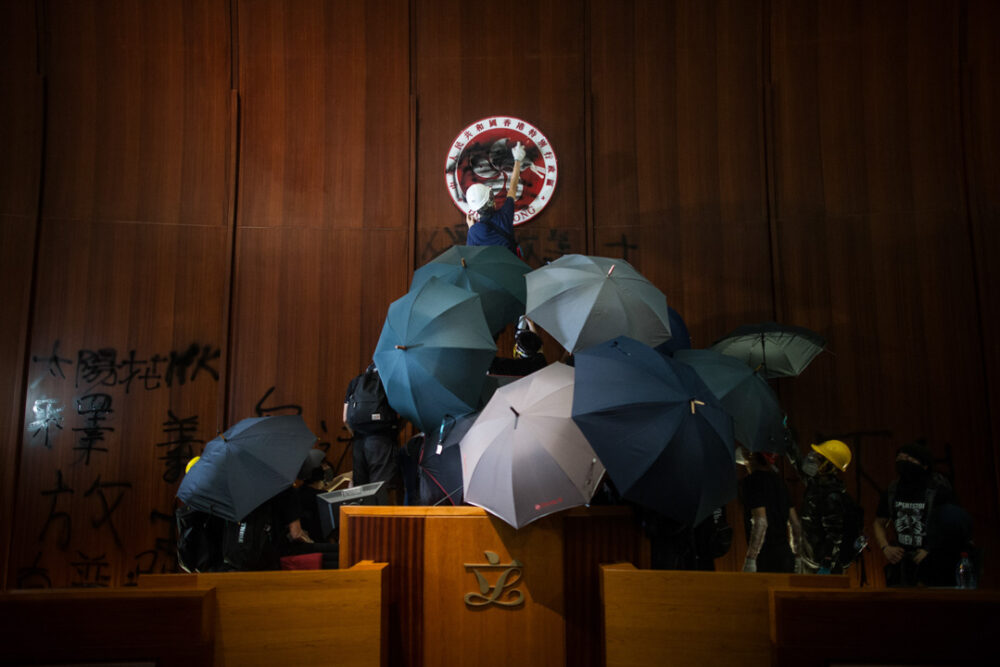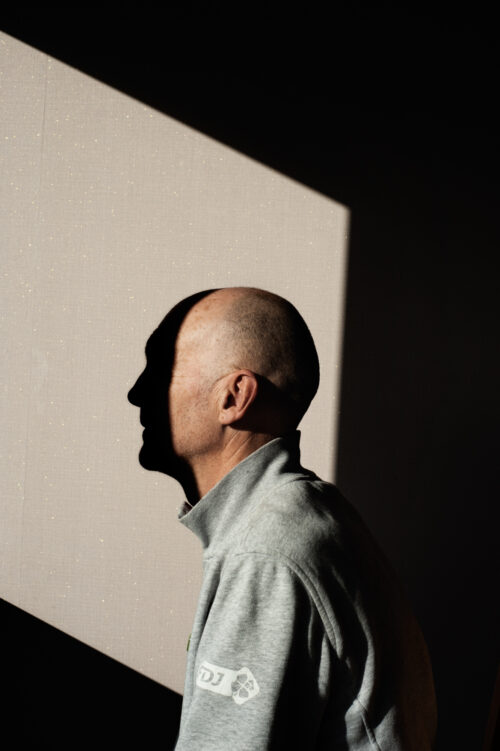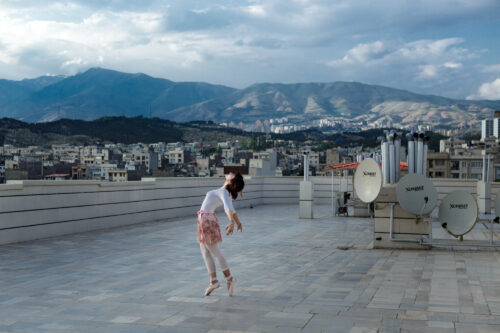Picture Series
Eric Tsang Language of the Unheard
In June 2019, Hong Kong experienced a series of mass protests against plans that would allow prisoners to be deported to China. Many people had misgivings that the “one country, two systems” model would be undermined. In 1984, the People’s Republic of China and Great Britain had signed the treaty outlining how Hong Kong’s sovereignty would be managed as of 1 July 1997. The younger generation in Hong Kong, who had grown up in an ultracapitalist colony, now lived in a socialist city with a Chinese imprint. The protests revealed a new side to the city. Hong Kongers’ perception of their own identity had always been split, which mirrors the situation of the metropolis: caught between East and West, glass and grass, shadows and reflections, those heard and unheard.

*Hong Kong
After studying Journalism at the University of Hong Kong, Tsz Yeung Tsang worked as a photojournalist for several news agencies and international media such as Associated Press and The Wall Street Journal. In 2018, he won the Focus on Frontline Award from the Hong Kong Press Photographer Association in the Portrait category. After completing his studies of Art, he increasingly explores media-based forms of expression apart from photography. www.instagram.com/erictsang_ty/













